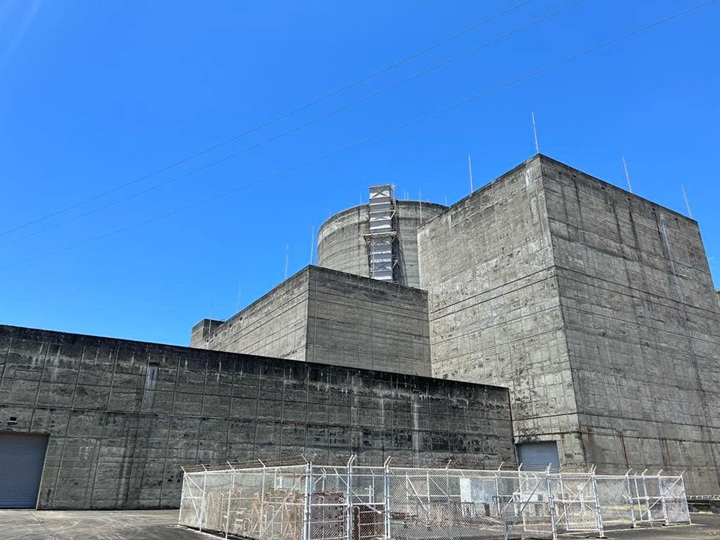
The Philippine economy stands at a critical crossroad. According to the Philippines Economic Update (PEU) report released by the World Bank, the country is projected to achieve robust economic growth of six percent from 2024 to 2026. This presents a unique opportunity to chart a path toward lasting prosperity. However, this positive outlook comes with significant risks. The same report highlights potential threats such as geopolitical tensions, volatile commodity prices, and adverse weather conditions, which could destabilize the foundations of progress.
At the core of these challenges lies the nation’s energy supply. According to a report by Ember, coal fuels 61.9 percent of the Philippines’ electricity generation, with 80 percent of this coal imported. This dependency has made the Philippines the most coal-dependent country in Southeast Asia as of 2023, with electricity rates peaking at PHP11 per kWh—the second highest in the region.
These high energy costs not only financially burden households but also undermine the competitiveness of businesses, discourage investments, and weaken the country’s economic resilience. Such challenges highlight the urgent need for a transformative energy solution to secure the country’s future while fostering growth and sustainability.
This is where nuclear energy emerges as a viable alternative. In a media briefing conducted by Alpas Pinas, a non-stock, non-profit organization advocating for clean, cheap, and reliable energy, the organization’s Lead Convenor Gayle Certeza and Pangasinan 2nd District Representative Cong. Mark Cojuangco underscored the central role of cheap, clean, and reliable energy in driving economic growth and sustainability.
Cojuangco explained that affordability is as important as access in the energy equation. While traditional metrics, such as the levelized cost of electricity (LCOE), measure generation costs, they often fail to account for broader system expenses, such as transmission upgrades and backup capacity for variable renewables.
“Nuclear energy stands out as a cost-competitive option when both system costs and externalities are considered. Its reliable, low-carbon supply offers a pathway to affordable and sustainable energy solutions, making it an attractive alternative in the Philippines’ energy transition.”

On the other hand, Certeza reinforced Cong. Cojuangco’s point, highlighting that the additional system costs associated with renewable energy tend to rise disproportionately with increased adoption, placing a heavy burden on the energy infrastructure.
“At least with nuclear, the system costs will be a one-time investment, and there will be no need to create a backup source because the energy source is infinite, making this energy source cheap, that will fuel economic growth,” she said.
Globally, countries are also rethinking their energy strategies to include nuclear power. Germany, which previously phased out its nuclear reactors in 2022, is now considering a return to nuclear energy after facing an energy crisis triggered by the geo-political situations. This shift reflects a growing recognition of nuclear power’s role in stabilizing energy supply while reducing dependency on fossil fuels.
Meanwhile, big tech companies are embracing nuclear energy to meet their growing energy demands. As industries increasingly adopt artificial intelligence (AI), these tech giants require reliable and sustainable power. For instance, Microsoft has invested in restarting the decommissioned Three Mile Island nuclear reactor in Pennsylvania, which will supply energy to its data centers and other facilities.
Beyond addressing energy costs and enhancing energy security, nuclear energy offers immense economic benefits. Cojuangco emphasized its potential to create a wide range of job opportunities, from plant operators and fuel fabricators to roles in healthcare and service sectors.
“The ripple effect of nuclear energy adoption can transform industries and uplift communities, creating direct and indirect employment across multiple sectors,” he said. “By building a skilled workforce and fostering local industries, the adoption of nuclear power could lay the foundation for long-term economic prosperity.”
As the country explores its nuclear energy potential, legislative efforts are already underway. Sen. Alan Peter Cayetano has sponsored the proposed Philippine National Nuclear Energy Safety Act, which seeks to establish the Philippine Atomic Energy Regulatory Authority (PhilATOM), an independent body tasked with ensuring nuclear safety and security.
Meanwhile, Alpas Pinas, together with Cojuangco, remains steadfast in its advocacy, urging policymakers to act decisively and harness nuclear energy’s potential to drive economic growth, ensure energy security, and create a more sustainable future.
“Indeed, nuclear energy is the only clean, cheap, and reliable energy source this country needs to fuel economic growth. If we don’t act now, the future of the Philippines may not be as positive as we believe it to be,” Certeza concluded.

